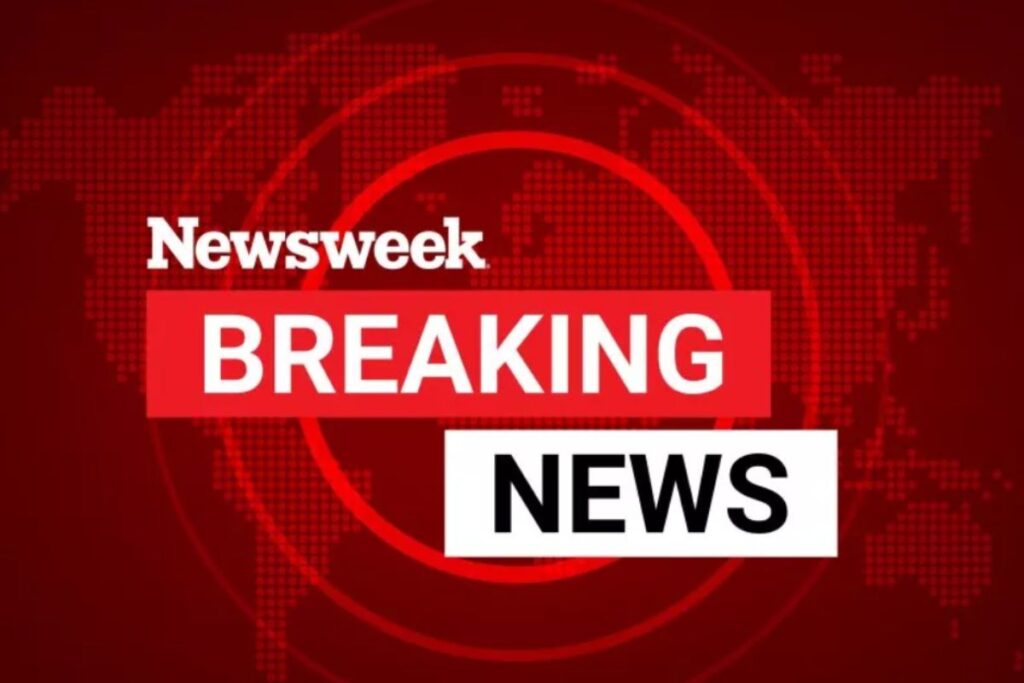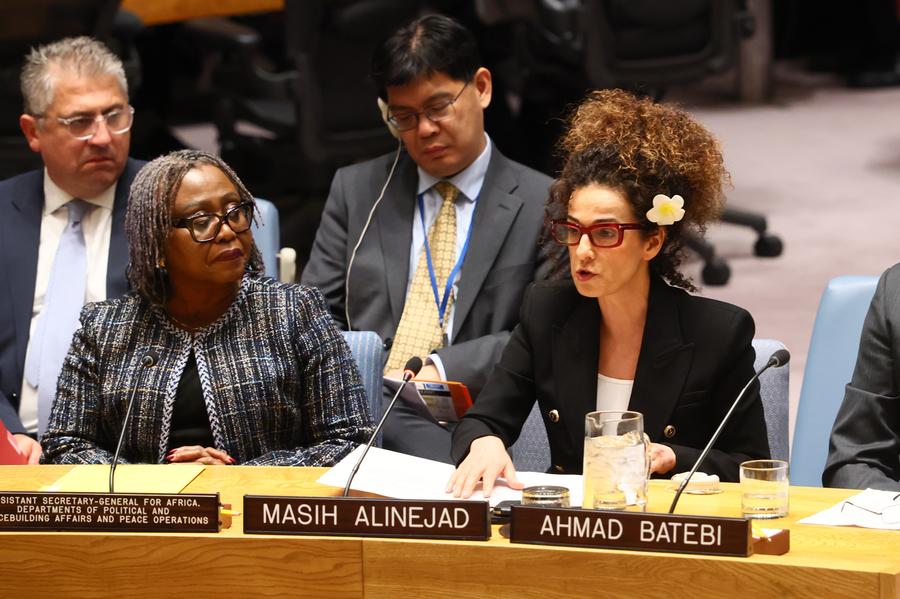
The Kremlin has firmly rejected remarks made by President Donald Trump, who claimed that Russia is “conspiring” with China and North Korea against the United States. In a statement addressing Trump’s comments, Yuri Ushakov, an aide to Russian President Vladimir Putin, indicated that the assertion may have been made in irony during a military parade in Beijing commemorating the 80th anniversary of the end of World War II.
Ushakov emphasized that there are no conspiracies involving the leaders of Russia, China, and North Korea. He stated, “I want to say that no one was plotting [against the U.S.], no one was weaving anything, no conspiracies. Moreover, no one even had this in mind; none of these three leaders had it.” His comments were reported by the Russian state news agency TASS.
The backdrop to this exchange is the shifting dynamics in international relations, where tension often dominates discussions. Ushakov also noted that the global community recognizes the significant role of the United States and President Trump in shaping the current international situation.
While the Kremlin’s response sought to clarify Russia’s position, the implications of Trump’s comments reflect ongoing tensions between these nations. The comments were made during a time when the geopolitical landscape is increasingly complex, with various nations reassessing their alliances and strategies.
The Kremlin’s denial of any conspiracy underscores the delicate nature of international diplomacy. As leaders navigate these challenging waters, statements like Trump’s can often escalate tensions or lead to misunderstandings.
As this situation continues to unfold, further developments are expected. The responses from both the U.S. and Russia may play a critical role in shaping future interactions on the global stage.






